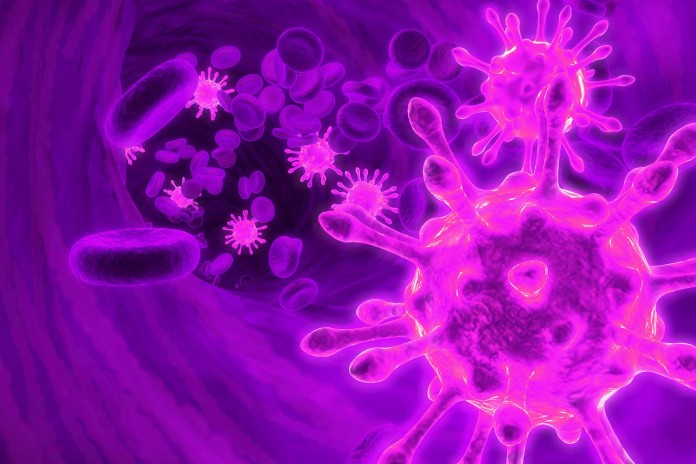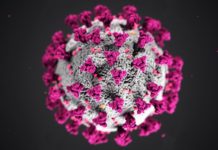
According to the World Health Organization (WHO), there are approximately 35 million people worldwide living with HIV/AIDS. The good news is that scientists are now one step closer to curing HIV.
HIV is considered one the most devastating viruses ever, not only in the number of people affected and geographical coverage, but also in terms of social impact. Science has been fighting back, but as of today, HIV remains challenging to control and impossible to cure.
CURING HIV IS EXTREMELY CHALLENGING. HERE’S WHY.
According to the European Research Council, the virus evolves so quickly to repel drugs and immune defenses that it is known as ‘the ultimate evolver’ – an “example of evolution-in-action that would normally take millennia.” In fact, during the infection of a single patient, parts of the HIV genome can diverge from the original strain innumerable times, “the evolutionary distance of a human and a chimpanzee.”
Although curing HIV is extremely difficult, due to the virus’ ability to “evade detection from the immune system” and “mutate rapidly into new strains,” researchers are designing a vaccine that stimulates the body to produce antibodies, which bind to the HIV virus and ultimately block the infection.
SCIENCE FIGHTS BACK BY DEVELOPING AN ANTIBODY FOR CURING HIV
The three studies which are developing a potential HIV vaccine are being funded by the National Institute of Allergy and Infectious Diseases. According to Dennis Burton, chair of The Scripps Research Institute Department of Immunology and Microbial Science, the results are extremely promising.
The phases of the procedure have already been lab tested on animals, increasing the hopes of finding a way to produce antibodies, thus impeding the human immunodeficiency virus from attacking human beings.
THE TRIO OF STUDIES BRIEFLY EXPLAINED
In the first study, scientists engineered an immunogen that could activate cells to produce antibodies needed to fight HIV. In a concurrent study, the same eOD-GT8 60mer immunogen was used, launching the immune system in the right direction. The third study showed engineered immunogens also prompting immune responses in rabbit and monkeys.
The studies were led by scientists from The Scripps Research Institute, International AIDS Vaccine Initiative (IAVI), The Rockefeller University, and other institutions. They were published today in the journals “Science” and “Cell.” Researchers curing HIV are now investigating other immunogens and have urged the scientific community to bring different disciplines together in order to defeat one of the greatest epidemics of modern history.

















